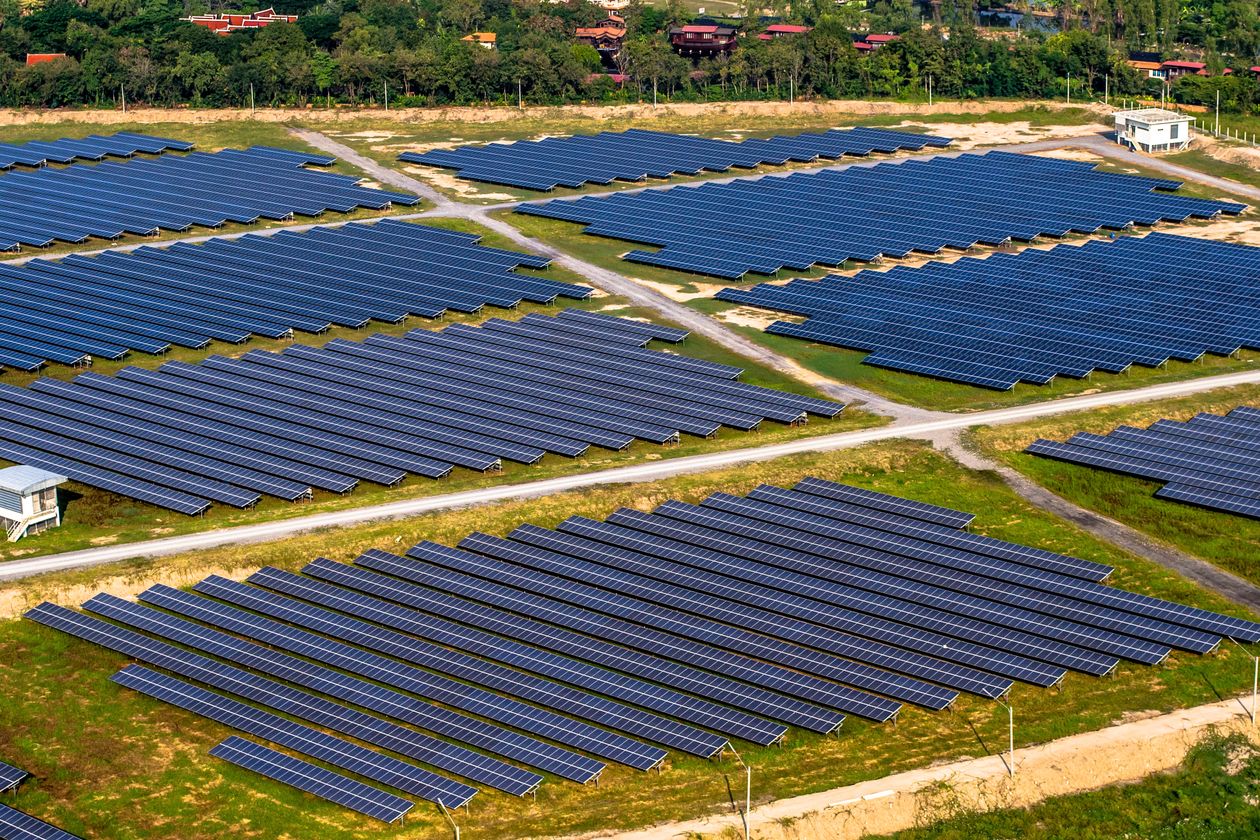Barron’s By Leslie P. Norton, June 17, 2021 2:55 pm ET
Fidelity Management & Research is aiming to grab a bigger piece of the growth in sustainable investing.
This week, the investment manager launched an array of five actively managed environmental, social and governance, or ESG, mutual funds and exchange-traded funds, focused on an array of sustainable themes. More appear to be on the way, positioning Fidelity to benefit as the regulatory environment shifts in its favor.
“Everyone has seen the handwriting on the wall that this appears to be a longer-term phenomenon, that people want to invest this way,” says Jon Hale, Morningstar’s sustainability research chief for the Americas. “That’s the bigger picture.”
Last year, a record total of more than $50 billion poured into sustainable mutual funds and ETFs, according to Morningstar. It was nearly a quarter of all the money that went into funds in 2020.
The new portfolios include Fidelity Sustainable U.S. Equity (ticker: FSEBX), Fidelity Climate Action fund (FCAEX), and Fidelity Environmental Bond (FFEBX). The two ETFs are Fidelity Sustainability U.S. Equity ETF (FSST) and Fidelity Women’s Leadership ETF (FDWM).
The mutual funds have no investment minimums and are available in retail and advisor classes. They expand Fidelity’s ESG offerings to 11.
“Fidelity will continue to expand our sustainable investing solutions and resources to help our customers connect their financial goals to positive outcomes in the broader world,” said Pam Holding, Fidelity’s co-head of equity and head of sustainable investing, in a statement.
The biggest growth could be into retirement plans, where Fidelity has some cachet. Virtually none of last year’s flows into sustainable funds and ETFs went to retirement plans, but that could soon change. In May, President Joe Biden ordered the Department of Labor to consider suspending Trump-era rules that make ESG investing more difficult for 401(k) plans. After Biden took office, the department said it wouldn’t enforce those regulations.
Congress is also considering legislation to revise the Employee Retirement Income Security Act, which the DOL administers. The legislation would clarify that ESG criteria may be considered in Erisa-governed retirement plans, and that qualified default investments—the funds that plan participants are placed into if they don’t choose their own—can include ESG funds.
Fidelity’s existing, passively managed ESG funds are based on MSCI indexes, and have performed well. The firm has a young Women’s Leadership fund, as well as a couple of environmentally focused funds. The international index fund has $345 million in assets and is rated four stars by Morningstar. The U.S. index fund has $1.2 billion in assets and is rated five stars. Fidelity Select Environmental and Alternative Energy has $491 million in assets and is rated three stars.
Still, the most popular funds in 401(k) plans are target-date funds. Most asset managers don’t have enough dedicated ESG funds for target-date funds. For now, Fidelity’s offerings are “pretty basic. They’re not an early leader among managers addressing ESG,” says Hale.
According to Fuse Research Network, just under 0.1% of Fidelity’s assets under management are devoted to sustainable mutual funds and ETFs, compared with about 1.3% on average for the 35 largest investment managers.
“Although it’s a good sign that Fidelity has launched five new ESG mutual funds, they have not, in my opinion, been a market leader when it comes to sustainable investing,” says Michael Cosack, principal at the consulting firm ImpactWise. “Up to now, Fidelity has waded into the space without making a strong commitment to it.”
Fidelity formally started its sustainable-investment efforts when it signed the Principles for Responsible Investment in 2017, creating a small team of specialists that year that assigned companies ESG ratings based on data from third-party vendors. “It’s a reasonable approach but purely informational and nonbinding for portfolio managers, who are mostly free to decide whether to incorporate the ESG ratings into their investment decisions,” Morningstar wrote in a 2020 assessment of Fidelity.
Jim Lowell, chief investment officer of Newton, Mass.-based Adviser Investments and editor of Fidelity Investor and Fidelity Sector Investor, says Fidelity “may be late to the ESG room, but I’d argue that they’re the smartest ESG player in that room…and that that room is likely to get more crowded even as the existing and new players in it aren’t likely to become smarter than Fidelity.”
“Fidelity’s ESG-related lineup is well diversified and easy to understand; this helps separate ESG chaff from their ESG wheat—performance, expense, managers and management align in their lineup to deliver enough choice and overall diversification to enable an investor to add one or more or to build a total Fidelity ESG portfolio,” added Lowell.
Even outside the dedicated ESG funds, Lowell adds, companies popular with ESG investors populate most Fidelity funds. On the list are American Express (AXP), Amgen (AMGN), Cisco (CSCO), Coca-Cola (KO), Home Depot (HD), Honeywell (HON), IBM (IBM), Salesforce (CRM), 3M (MMM), and Microsoft (MSN).
In last year’s assessment, Morningstar deemed ESG issues to be “on the fringe of Fidelity Investments’ investment culture” and gave the firm a “low” rating for its ESG commitment. That may change with the firm’s new ESG lineup.







